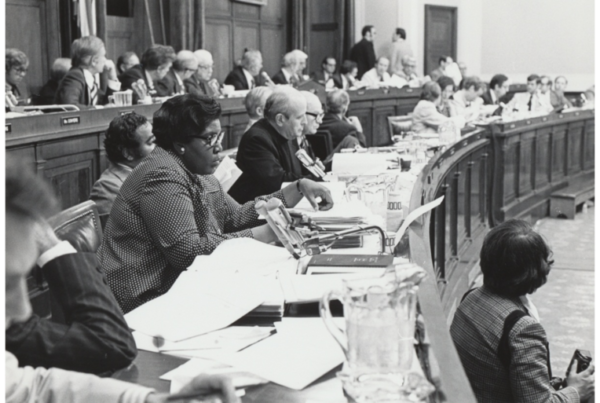Texas is joining five other states in a lawsuit against Purdue Pharmaceuticals. The suit alleges that the drugmaker misrepresented the risks of opioid addiction while selling its pills. The other states involved are: Tennessee, Florida, North Carolina, North Dakota and Nevada. And there may be more.
As Marissa Evans reports for the Texas Tribune, some observers are applauding Texas Attorney General Ken Paxton’s move to join the suit – others criticize it as too little too late..
Paxton says his first goal is to end the current marketing strategy for Purdue’s opioid product, OxyContin. Paxton is relying on the Texas Deceptive Trade Practices Act as the legal basis for his action.
It says a company cannot misrepresent their products or services to Texans,” Evans says.
Paxton says Purdue has misled both doctors and patients when it comes to the risk of addiction to opioids, even telling doctors that signs of addiction inpatients are actually indications that the patient needs a higher dose of opioids.
Several Texas cities and counties have already taken action against opioid-makers, and some Democrats say Paxton is only belatedly taking an interest. Evans says
“The big thing is, these cities and counties wanted to take action on their own,” she says. “They’ve hired lawyers. They’re getting wooed by lawyers, all of that,” Evans says. “And the political dimension is, maybe the state should have done something sooner.”
Evans says 1,300 Texans died of opioid overdoses in 2016, a number that is far lower than those of states like West Virginia, Kentucky, Ohio, and other states whose addiction crises have made national news.
“In Texas, we’ve kind of missed it, and I think people are kind of surprised to hear that, considering we’re such a big state,” Evans says. “The thing is, people are still worried that we could become a West Virginia or a Kentucky or Ohio type of storyline, just because of how many people are suffering in silence because of their addiction.”
Evans says another lawsuit, filed by a number of states and communities, and bundled into a large case that’s currently under the jurisdiction of a federal judge in Ohio, will be tried in 2019. She says that case will set the tone for suits like the one Texas has now joined. It’s likely that the Ohio case and others already in the pipeline, will end with settlements.
Written by Shelly Brisbin.
















